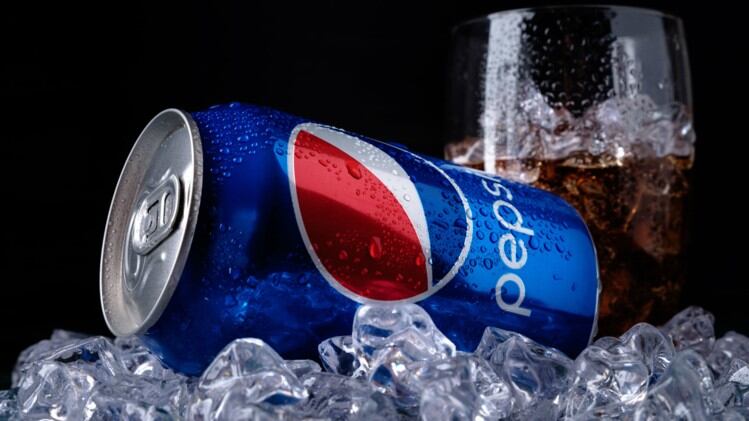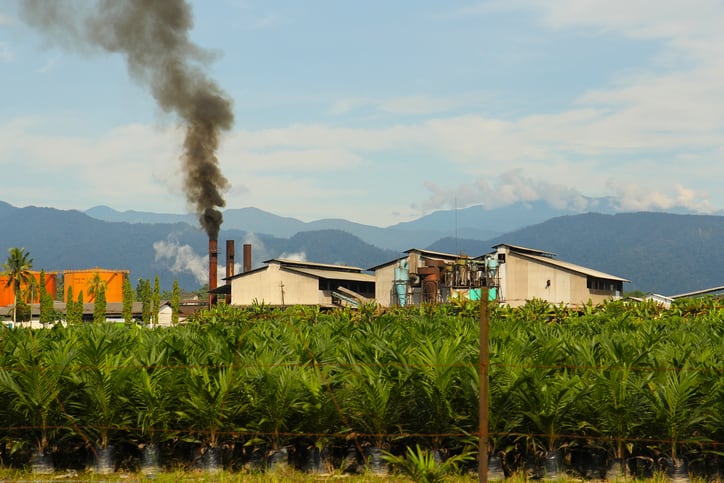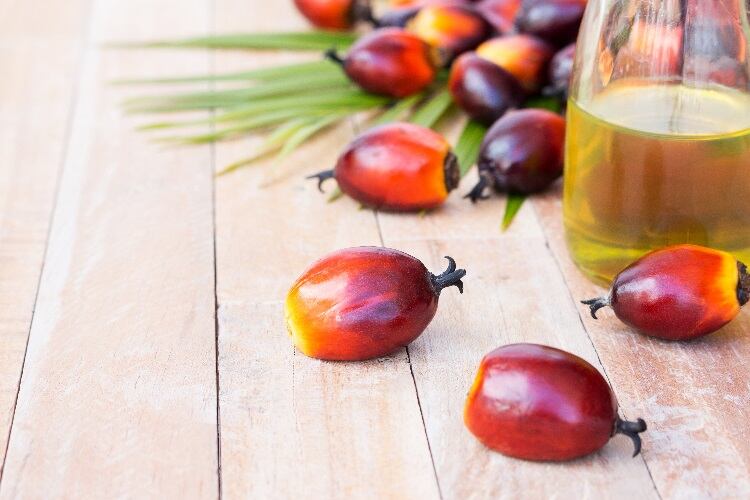PepsiCo responds with 'disappointment' at Indofood's withdrawal from RSPO over disputed audit decision
PepsiCo has voiced its 'disappointment' in Indonesian food giant Indofood's decision to withdraw from the Roundtable of Sustainable Palm Oil (RSPO) certification scheme ‘with immediate effect’. Indofood had cited ‘extreme disappointment’ in the process and outcome of the RSPO audits conducted on the firm as a reason.
After conducting an ‘independent verification visit’ in June 2018 to PT Perusahaan Perkebunan London Sumatra Indonesia Tbk (Lonsum), owned by Indofood plantation arm Indo Agri, the RSPO complaints panel issued a final decision letter to the company on November 2 2018.
In the letter, the panel detailed a list of Lonsum’s supposed breaches of the RSPO Principles and Criteria (P&C), as well as ordered it to take a series of corrective actions.
Lonsum was directed to provide an updated Action Plan ‘with clear milestones and a timeline for implementation’ including the corrective actions within 30 days of the decision letter issuance, but apparently failed to do so, resulting in another warning letter being issued to them on January 15 2019.
The company responded after this by deciding to withdraw entirely from the RSPO claiming ‘unexplained inconsistencies’ and an ‘unrealistic timeline’.
F&N Malaysia backtracks on price rises and focuses on NPD amidst sugar tax blow
Fraser and Neave Holdings Bhd (F&N) is hoping to speed up its healthy product innovations instead of resorting to increasing its product prices in order to alleviate the impact of Malaysia’s upcoming sugar tax, said its chief executive.
The company has allocated RM30mn (US$7.3mn) for its capital expenditure in its FY ending September 30 2019, which is aimed at new product development.
Speaking after the company’s annual general meeting, F&N CEO Lim Yew Hoe said: “We are prioritising our efforts by focusing on product categories according to the significance of impact to our Group.
“Hence, we are investing RM30 million this year at our beverage plant this year to ramp up our capability in new product offerings and packaging formats.
Danone makes return to Indian dairy with US$25mn investment in yoghurt firm Epigamia
Food and beverage giant Danone has re-entered the dairy market in India with a US$25mn (INR1.82bn) investment in local yoghurt company Epigamia, a move that analysts say could ‘lay the path of its revival’ in the country.
“We are convinced of Epigamia’s great growth potential thanks to its unique positioning on the Indian dairy market,” said Danone Manifesto Ventures Managing Director Laurent Marcel via the official press release. Danone Manifesto Ventures is Danone’s venture investment arm.
“As a modern and innovative brand, it appeals to the ever-growing number of Indian consumers looking for healthier options. This investment, our first with Danone Manifesto Ventures in Asia, is a perfect fit, as Epigamia places taste, quality and health at the center of its model.”
Online-offline integration: Walmart China focuses on US$104mn food distribution centre alongside e-commerce and delivery services
Retail giant Walmart China set to launch its first perishable food distribution centre in China, with operations set to get underway in March.
Valued at some US$103.7m (RNB700m), the centre will be located in Dongguan city, Guangdong.
“[This is] the largest investment by Walmart since it entered the Chinese market 22 years ago,” said Walmart China President and CEO Tan Wern-Yuen to local media.
He added that Walmart China has plans to build or refurbish 12 or more of such centres in China over the next two decades.
Technology for sustainability: CP Foods commits to 100% sustainable plastic packaging locally by 2025
Thailand food manufacturing giant Charoen Pokphand Foods (CP Foods) has committed to achieve 100% sustainable plastic packaging in all its local units by 2025, with the aid of new technology and a packaging optimisation framework.
“[We have] made a commitment to achieve 100% of the Company’s packaging to be reusable or recyclable or upcyclable or compostable and eliminate problematic or unnecessary plastic packaging,” said CP Foods via an official statement.
This is aimed to complement the group’s sustainable packaging policy, where it has already committed to 100% of its plastic packaging being made of sustainable materials by 2025.
The company also aims to achieve the same for its overseas operations by the year 2030.




